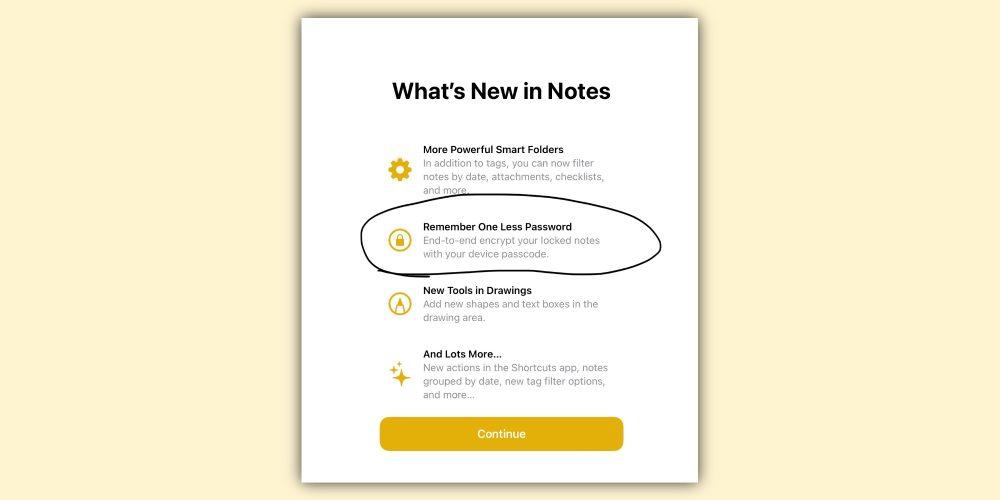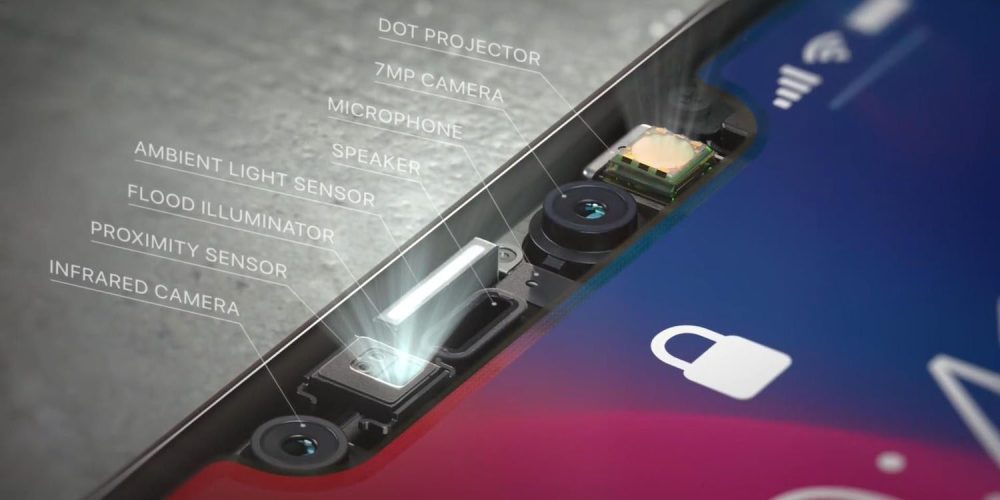
Apple wants to be known for its privacy-first approach to hardware and software products. While the company has successfully introduced essential features to this matter, such as Sign In With Apple, end-to-end encryption to iMessage and FaceTime, iOS 15’s Find My function even with the phone off, App Tracking Transparency, and more, there are some features coming to iOS 16 that will make the iPhone less secure. Here are them and how Apple could fix this before this new OS is released.
The iPhone has become an essential part of people’s lives. Our photos, videos, messages, contacts, bank information, and more are stored in one single device. And even though regular users can be assured that they’re protected with their two-step verification process, Face ID, etc, some people just want to have an extra layer of protection.
9to5Mac already reported how criminals can access bank information with the iPhone unlocked in just a few minutes. And this is not the only problem. When someone has access to your four or six-digit PIN, they can do anything on your iPhone.
For example, if you use Microsoft Outlook’s app, you can add Face ID protection to it, but at the same time, you can just type the six-digit passcode and access the user’s messages. With these digits, someone can even reset your Apple ID password on the device, which is a big deal.
With that in mind, one of the most interesting features I always loved is the fact that you can lock a note, on the Notes app, with a different PIN. In the same way, you can lock your iPhone’s SIM when the smartphone turns off and then on, you can also do that with the Notes app.

But now with iOS 16, Apple is planning to add convenience over protection. When you open the Notes app for the first time while running iOS 16, it tells you: “Remember One Less Password: End-to-end encrypt your locked notes with your device passcode.” And while I get why this could be helpful, I’m telling you why this is a concern.
But that’s not the only bad feature. iOS 16’s Safari is also aiming for convenience over security. It’s been a while since users can store their credit card information with Keychain, but Apple thought it was a great idea to let users start storing the card’s security code. Back in 2013, Apple’s Craig Federighi said that Apple can help you fill most of your credit card information “but you have to remember your own security code, that’s what makes it secure after all.” So why this change now?
How to solve these privacy concerns with iOS 16?
For these specific iOS 16 features, I would say Apple should just remove them. While most of these functions come with the idea that no one knows your six-digit pin, I don’t see how Apple doesn’t think that the raising number of stolen iPhones in some regions is a problem.
While this might not be an issue across the globe – thankfully – it also makes the iPhone experience less secure. Having the ability to, for some apps, add different passwords is a great idea.
In addition to that, I’d strongly recommend Apple stop letting someone reset an Apple ID password on the iPhone with just a six-digits pin. It’s too risky.

While the company doesn’t address these issues with iOS 16, I’d strongly recommend third-party apps that can better protect your data.
For example, 1Password and 2Stable’s Authenticator app let you save your credentials with E2E without relying on the convenience of Touch ID/Face ID as you can add a different password.
Apps that store photos and other documents with passwords are also a great way. Personally, I still want Apple to introduce a Secure Folder – like Samsung – so users can better protect their data.
How do you feel about these iOS 16 privacy features? Do you agree with me? Share your thoughts in the comment section below.
Add 9to5Mac to your Google News feed.
google-news
Author: José Adorno
Source: 9TO5Google



